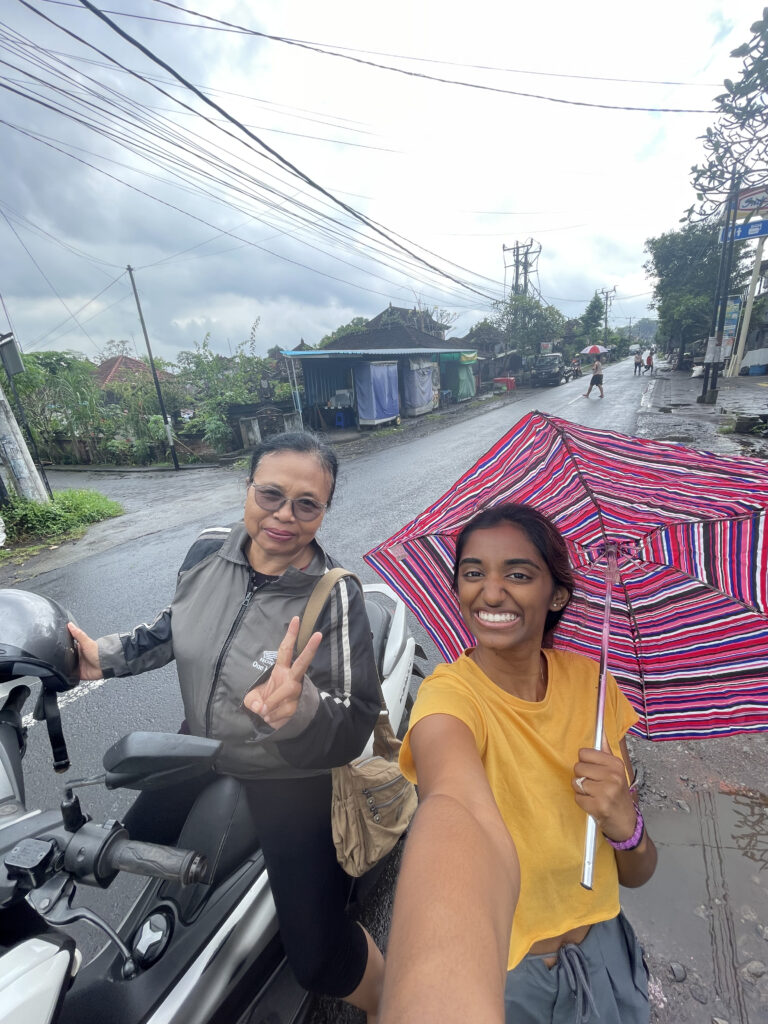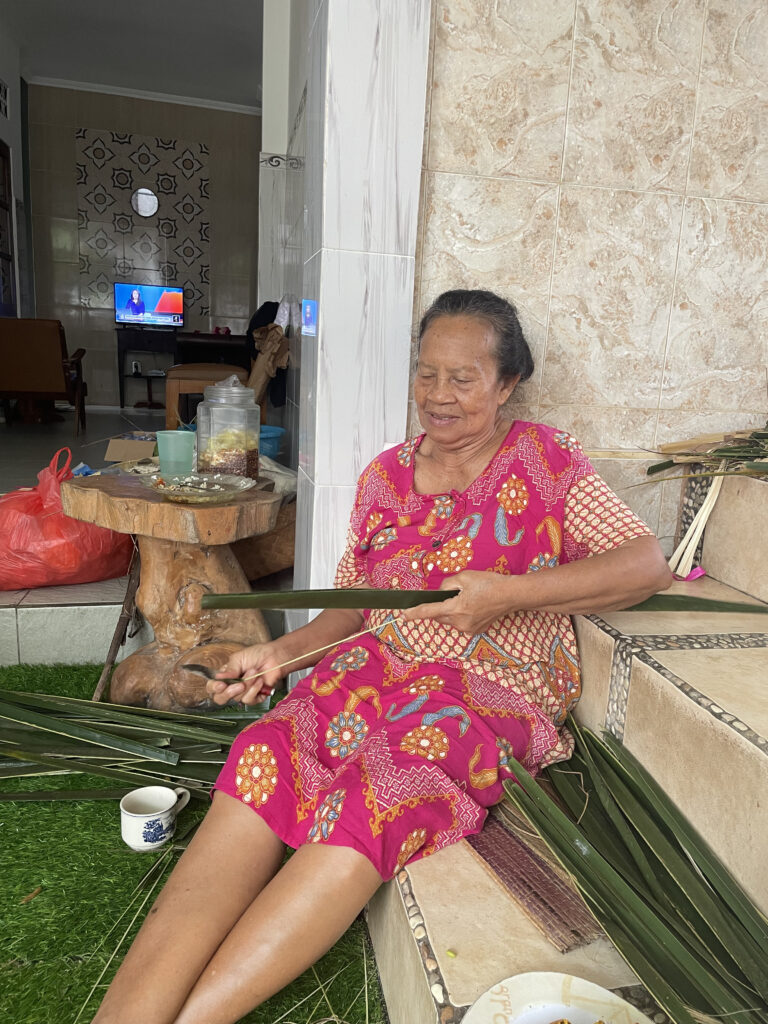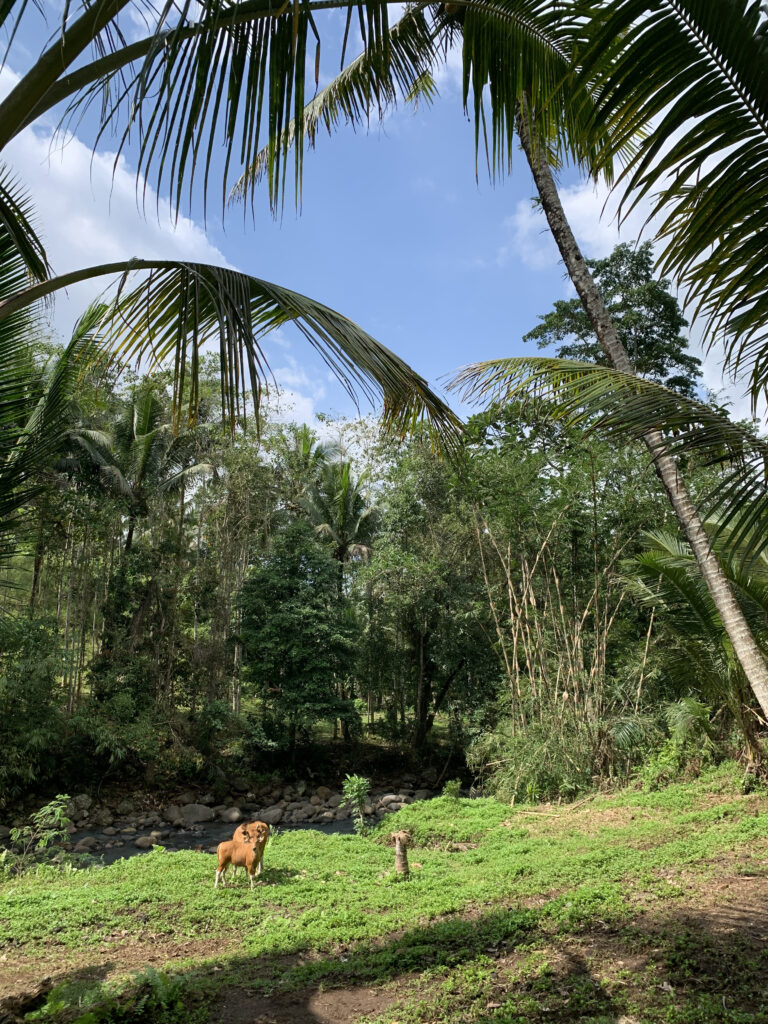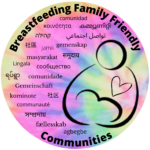As a board member of Breastfeeding Family Friendly Communities, I am excited to share my experiences in Indonesia, reflecting our initiative’s commitment to global perspectives in breastfeeding advocacy. While much of our news and efforts often focus on the United States, it’s vital to broaden our understanding and appreciate the diverse breastfeeding cultures worldwide. This article is a step towards exploring global concerns and better serving immigrant populations, including the Indonesian community, which is often misunderstood in the United States.
My Indonesian Experience
My academic journey, deeply rooted in global women’s health, has led me to some incredible experiences, particularly in Indonesia. During my time in Indonesia, I delved into the complexities of breastfeeding practices, which are a vivid tapestry of tradition and modern influences. I found that breastfeeding is not just a health choice but is deeply embedded in the cultural fabric of communities. For instance, during my conversations with local families, I learned, “As far as I know, most encourage breastfeeding for babies. In some cases, moms tend to use a little formula milk.”
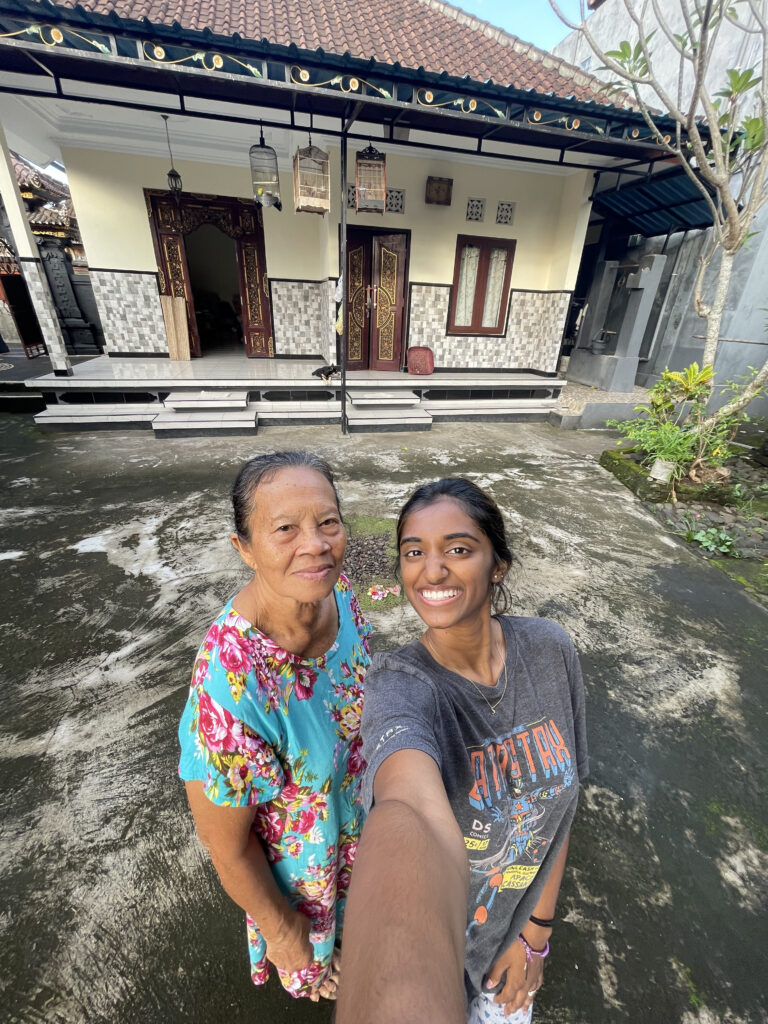
This blend of traditional and contemporary practices is fascinating and crucial to our understanding at Breastfeeding Family Friendly Communities.
My journey in Indonesia offered me a deeper understanding of breastfeeding practices within a different cultural context.
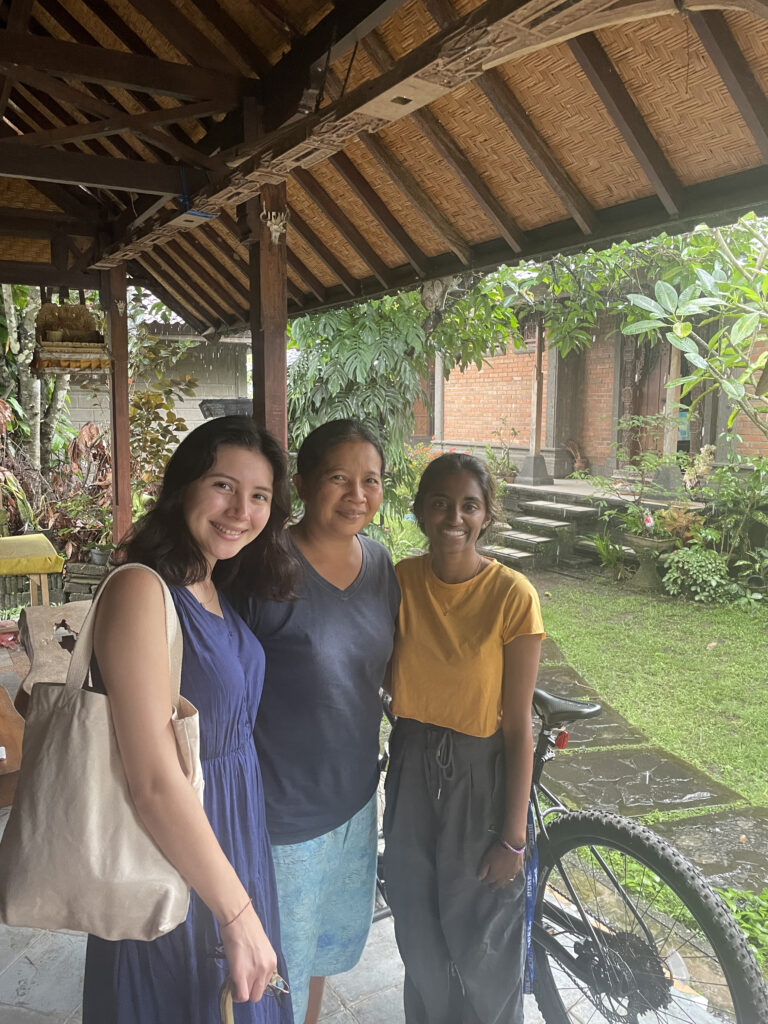
This experience is about challenging misconceptions and bringing accurate, respectful insights to our work, especially as we strive to support Indonesian immigrant populations in our communities.
Indonesia’s Breastfeeding Practices: A Cultural Tapestry
In Indonesia, breastfeeding practices are deeply interwoven with cultural and social norms. My conversations with local families and health professionals revealed a rich blend of tradition and modern approaches to breastfeeding. For example, the practice of shared breastfeeding in certain situations reflects deep-rooted cultural beliefs.

Understanding these practices is crucial for our global initiative, as it helps us approach breastfeeding advocacy with sensitivity and inclusivity.
My interactions with various communities revealed unique cultural nuances. One intriguing aspect I came across was, “In some rare cases like the milk did not come out, the parents tend to look for another mother to breastfeed their child. Which according to the families, I talked with “makes the kids and the kids of the helping mom related like siblings.” This practice, deeply entrenched in cultural and social norms, highlights the diverse approaches to breastfeeding.
The Evolution of Public Breastfeeding in Indonesia
My observations on the evolving norms of public breastfeeding in Indonesia are particularly relevant to our work. The increasing availability of lactation rooms in public spaces and the shift in societal attitudes towards breastfeeding in urban areas offer valuable lessons for creating breastfeeding-friendly environments globally. In Indonesia, I observed a gradual shift towards more breastfeeding-friendly spaces. “Most governmental places have lactation rooms, and now more and more public spaces such as cafes and restaurants provide them too.” As a board member, I see a direct connection between these evolving norms and our goals at Breastfeeding Family Friendly Communities.
Integrating Global Insights into Our Community Work
My journey through Indonesia has been more than an academic pursuit; it’s a blueprint for understanding and supporting breastfeeding in culturally diverse contexts. As a board member, my experiences in Indonesia have profoundly influenced how I view our work at Breastfeeding Family Friendly Communities.
By integrating these global insights, we aim to enrich our strategies and initiatives, ensuring they are culturally sensitive and responsive to the diverse needs of all breastfeeding families, including those from immigrant communities.
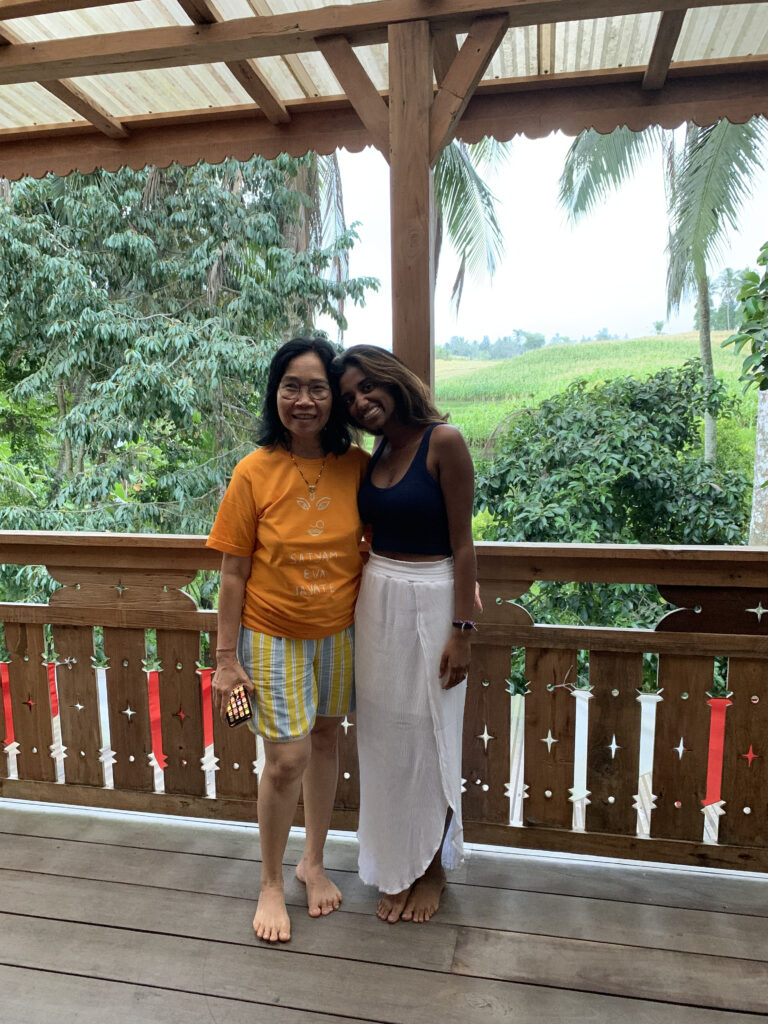
My experiences in Indonesia have reinforced my commitment to making communities more breastfeeding-friendly. By sharing these insights, I hope to contribute to creating supportive, inclusive, and informed environments for breastfeeding families everywhere. At Breastfeeding Family Friendly Communities, we are dedicated to embracing diverse breastfeeding journeys, and my role as a board member is to ensure our initiatives reflect this inclusive and global perspective.
